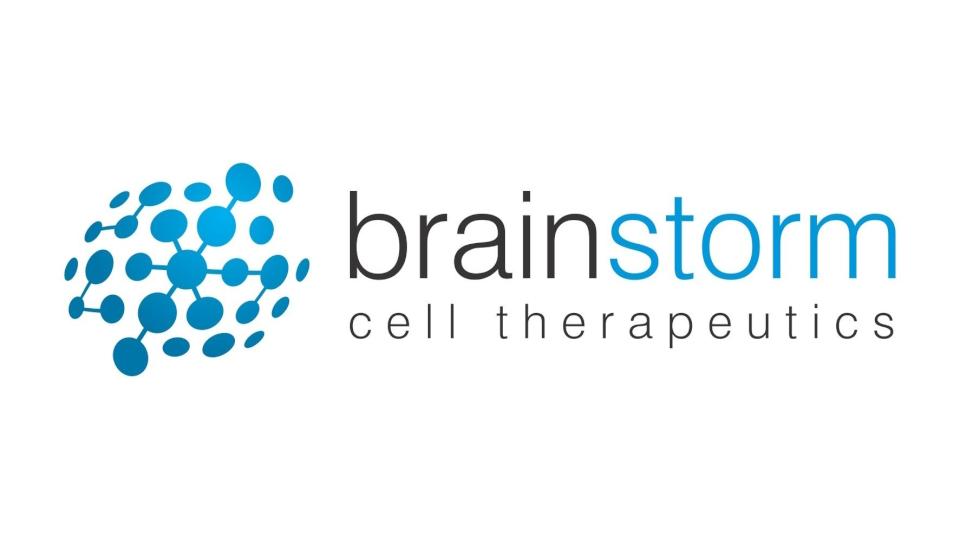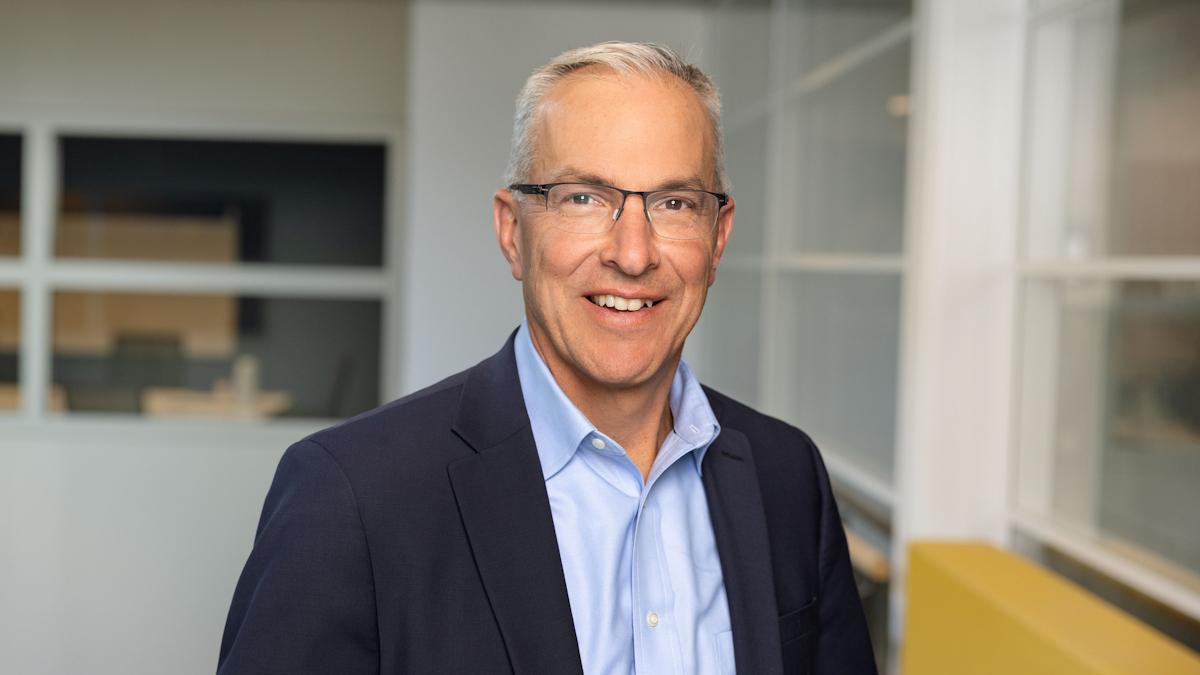FDA advisors unconvinced by BrainStorm’s ALS cell therapy

An FDA advisory committee has voted by a huge margin that BrainStorm’s stem cell therapy for amyotrophic lateral sclerosis (ALS) – NurOwn – does not have enough data to support its approval.
Panellists on the Cellular, Tissue, and Gene Therapies Advisory Committee voted by 17 to one with one abstention against NurOwn, which was submitted for approval by BrainStorm despite the FDA indicating it would not review the application. The biotech filed anyway, asking for an advisory committee meeting to give an independent view of the data.
Treatment with NurOwn involves harvesting stem cells from ALS patients’ bone marrow, modifying them to secrete substances that stimulate neuron growth and transplanting them back into the spinal cord or muscles, in a bid to slow down the progressive neurodegenerative disorder.
Getting a positive verdict from the advisory committee looked decidedly slim after the FDA published a briefing document earlier this week which indicated that BrainStorm’s filing was “grossly deficient”, with wide-ranging problems spanning the clinical data for the therapy, as well as its manufacturing process.
NurOwn failed to meet its objectives in a pivotal trial reported towards the end of 2020, but the company said the data still pointed to a benefit for the therapy that had been masked by a better-than-expected performance in the placebo group.
The company put that interpretation of the results to the FDA, which rebuffed it with a request for additional clinical testing, but filed for approval anyway based on a re-analysis of the data. The US regulator refused to accept that application last November, but BrainStorm tried again employing a little-used “over protest” pathway in February.
Panellists acknowledged the desperate need for new therapies for ALS, but overall said that there was no strong evidence for a clinical benefit with NurOwn and there was a risk of offering “false hope” to patients with ALS, despite anecdotal testimony of improvement with the therapy delivered during the meeting.
Once again, the recommendation was that BrainStorm carried out further clinical testing to provide stronger evidence of efficacy.
The FDA is due to deliver a verdict on the filing by 8th December, but - for now - the NurOwn programme looks dead in the water.
BrainStorm’s co-chief executive, Stacy Lindborg, said in a statement that it was a “sad outcome” for patients with ALS.
“We truly did our best to make the NurOwn data clear to the FDA advisory committee,” she asserted. “Unfortunately, had more time and opportunity been allowed, many remaining questions posed by advisory committee members could have been sufficiently addressed.”
While treatment for ALS remains limited, two new therapies have reached the market in the last year or so; namely, Biogen’s Qalsody (tofersen) for patients with a mutation in the SOD1 gene and Amylyx Pharma’s Relyvrio (sodium phenylbutyrate and taurursodiol).













